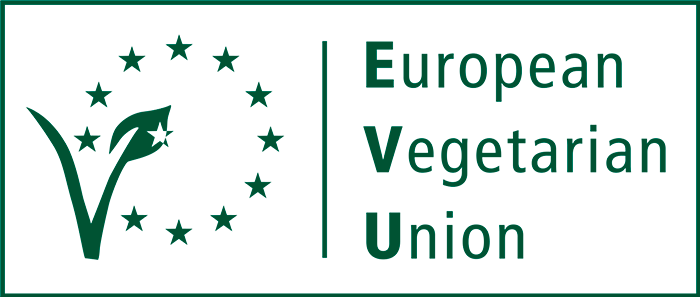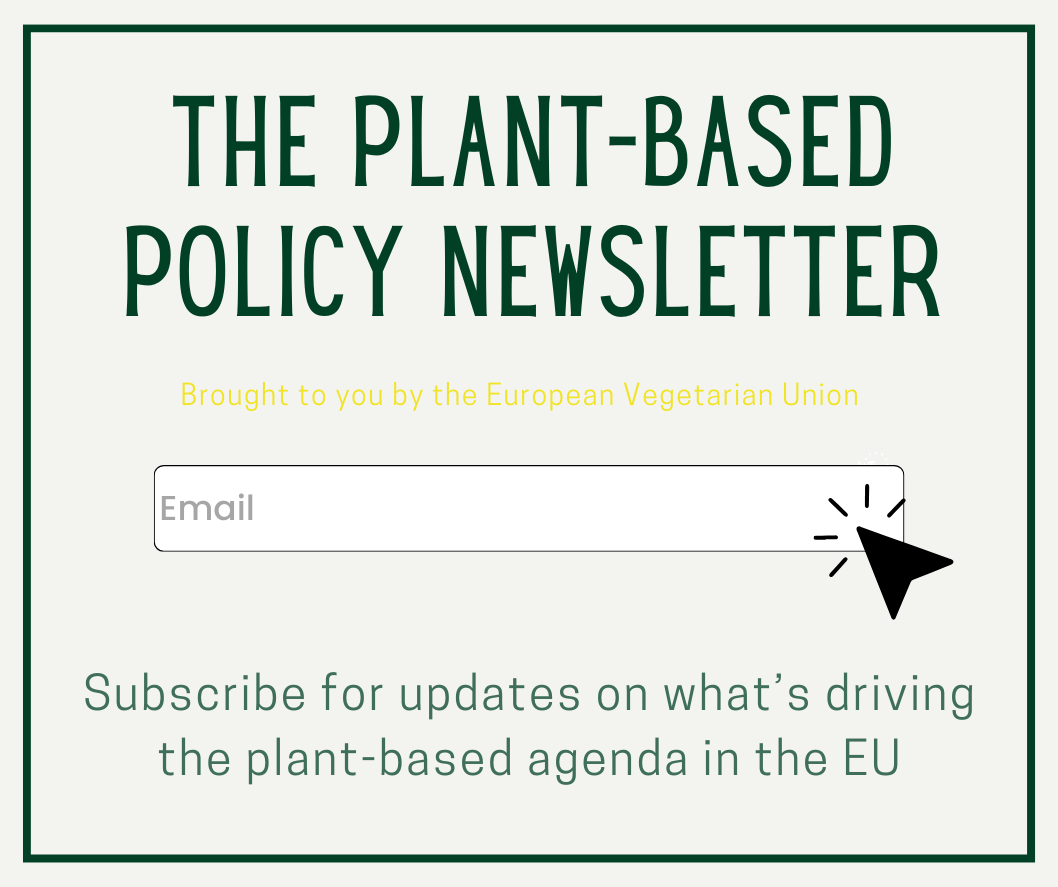Brussels, October 1
Broad coalition launches “No Confusion” campaign to stop EU plans to ban ‘chicken’, ‘burger’ and ‘sausage’ from plant-based alternatives.
From animal welfare champions to major environmental NGOs, leading food manufacturers and innovators, some of the biggest names in Europe are speaking with one voice against proposed restrictions on the names used by plant-based foods on supermarket shelves.
The European Commission plans to prohibit the use of 29 words like “bacon”, “chicken” or “beef” for plant-based alternatives and the European Parliament is currently discussing adding words like “burger”, “sausage” and “steak” to the banned list.
The Commission argues that consumers are confused when these words appear on plant-based products. Yet no substantial evidence has ever been presented to support this claim. On the contrary, terms like “plant-based burger”, “vegan sausage” or “plant based bacon” help people understand how to cook and enjoy sustainable alternatives.
A study by the European Consumer Organization BEUC revealed that most consumers agree with current denominations’ use.
The issue of labelling for plant-based alternatives has also made it to the European Court of Justice, where a 2024 ruling stated current legislation is sufficient to safeguard consumers.
Despite this, the ban on these terms is back on the table, and over 200 organisations representing consumers, environmental and animal welfare groups, industry leaders, and civil society have endorsed the No Confusion campaign (www.noconfusion.org).
Together, they are calling on Members of the European Parliament (MEPs) to reject this unnecessary proposal in an upcoming vote on October 7th and on the European Commission to withdraw its own proposal permanently.
Statements
Rafael Pinto, Senior Policy Manager at European Vegetarian Union (EVU)
“It is clear that consumers are not confused by a ‘plant-based sausage’, ‘burger’ or plant-based chicken. These terms help consumers understand how to cook and enjoy sustainable alternatives. Banning them only creates confusion and slows down Europe’s transition to healthier, climate-friendly diets. It could also hurt European farmers producing the raw materials of these foods, such as soy, pea and other crops.”
Dr Roberta Alessandrini, Director of the Dietary Guidelines Initiative at PAN
International
“Fortified plant-based alternatives offer a tangible opportunity to help people reduce their consumption of processed meat, which is strongly linked to colorectal cancer and other major diseases. These products are also convenient and environmentally sustainable. We oppose the decision to ban meat sounding
names for these products, as it creates an unnecessary barrier. Concrete policy actions are needed to improve the health of both people and the planet, and this decision undermines those efforts”.
Siska Pottie, Secretary General of the European Alliance for Plant-based Food (EAPF)
“Plant-based foods are among Europe’s fastest-growing markets, driving innovation, creating jobs and contributing to a competitive European food sector. The current legal framework already provides clarity and transparency for consumers, while additional restrictions would only risk hindering consumers’ trust and stifling food innovation. As the voice of businesses and stakeholders across the plant-based food value chain, from field to table, we urge policymakers to focus on enabling solutions that allow this sector to thrive, rather than introducing unnecessary barriers.”


